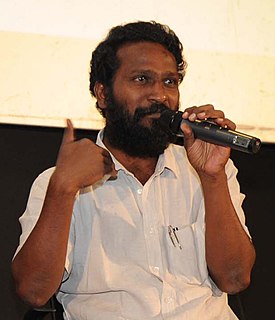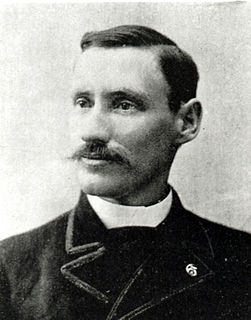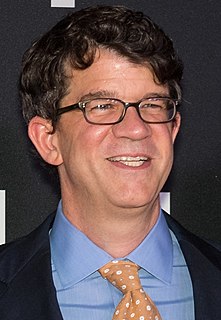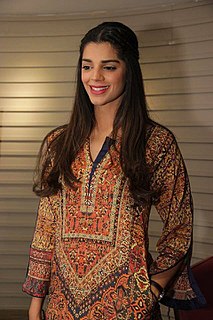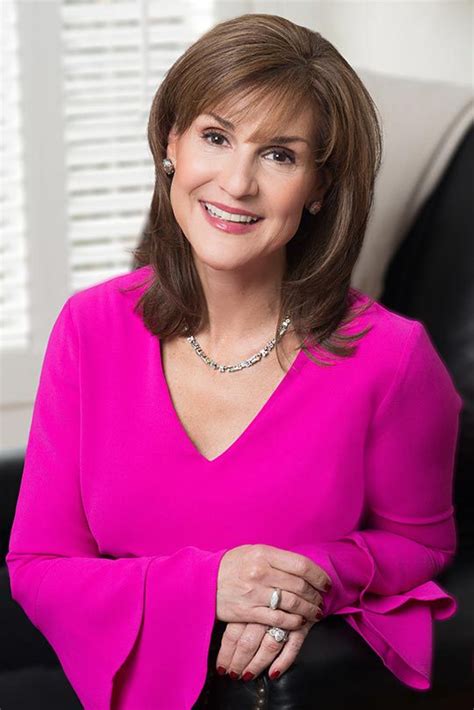A Quote by Josh Helman
X-Men films have always been big, and necessarily so, because of the stories they have to tell.
Related Quotes
The very act of story-telling, of arranging memory and invention according to the structure of the narrative, is by definition holy. We tell stories because we can't help it. We tell stories because we love to entertain and hope to edify. We tell stories because they fill the silence death imposes. We tell stories because they save us.
During the last decades, films about the black experience have been produced, directed, and even scripted by white men. Some of them are excellent. But most reflect George Bernard Shaw’s warning that 'if you do not tell your stories others will tell them for you and they will vulgarize and degrade you.'
I realized that many men are happy to play a supporting role to another man, but they are much less happy to play a supporting role to a woman. People are saying we need more females in our industry and we need more female-driven stories, but that takes the men of bankable star quality to come forward and play supporting roles in those films, because ultimately that's what the women have always done. We've always lent our name value to male-centric stories, and now we're going to have to ask the men to swallow their pride, because it seems that it's about pride.
I first studied to be a preacher, but decided that I was too prone to tell big stories. Then I studied Blackstone for a while and soon learned that I was not adept enough at prevarication to make a successful lawyer. I then made up my mind that I would seek some field where I could tell big stories and tell the truth.
Every woman should have a daughter to tell her stories to. Otherwise, the lessons learned are as useless as spare buttons from a discarded shirt. And all that is left is a fading name and the shape of a nose or the color of hair. The men who write the history books will tell you the stories of battles and conquests. But the women will tell you the stories of people's hearts.











